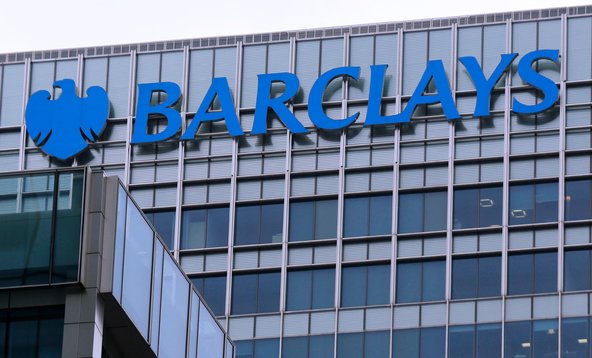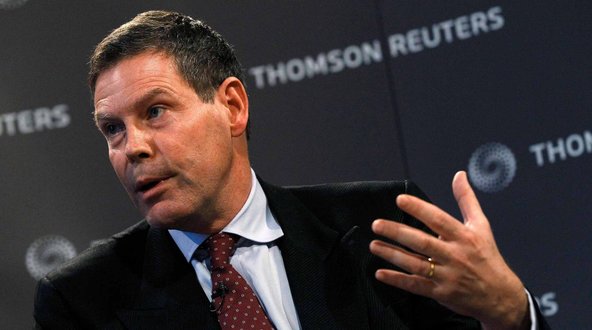 Chris Helgren/ReutersThe Federal Energy Regulatory Commission contends that Barclays employees made trades that were intended to alter electricity prices to benefit their own positions.
Chris Helgren/ReutersThe Federal Energy Regulatory Commission contends that Barclays employees made trades that were intended to alter electricity prices to benefit their own positions.
LONDON – Barclays vowed on Wednesday to fight a demand by United States regulators that it pay a record $470 million penalty for suspected manipulation of energy markets in California and other Western states by some of its traders.
The action, announced late on Tuesday by the Federal Energy Regulatory Commission, the government watchdog that oversees the oil, natural gas and electricity industries, comes after months of wrangling with the bank.
The ruling also comes a year after Barclays was required to pay about $450 million for its role in a rate-rigging scandal after some of its traders tried to manipulate the London interbank offered rate, or Libor, for their own financial gain.
In its ruling, the commission said Barclays employees made trades from 2006 to 2008 that were intended to alter electricity prices to benefit their own trading positions.
It included several extracts from internal e-mails that outlined the activities of some of the bank’s traders, who openly discussed how they could lower prices in one electricity market by weighing down another. Barclays employees also discussed how to prop up certain indexes by taking short-term losses in other power markets, according to the ruling.
‘‘F.E.R.C. finds that their actions demonstrate an affirmative, coordinated and intentional effort to carry out a manipulative scheme,’’ the commission said in a statement.
The agency said Barclays must pay a $435 million fine and forfeit $35 million in profit gained from the illegal activity. The combined penalty dwarfs the commission’s previous record fine of $135 million against Constellation Energy last year.
Four former Barclays traders will also have to pay a combined $18 million for their roles in the wrongdoing, according to the statement from the commission.
The commission initially brought the case against Barclays in October. The bank said at the time that it would contest the accusations.
Barclays said it still disagreed with the regulator’s ruling and would continue to fight it. Barclays has 30 days to pay the total penalty or must defend itself against the ruling in Federal District Court.
“We believe that our trading was legitimate and in compliance with applicable law,” the bank said in a statement on Tuesday. “We intend to vigorously defend this matter.”
Barclays is the latest bank to experience the growing assertiveness of the commission, which has the authority to seek a penalty of up to $1 million for each day in which there is a violation of the rules intended to prevent manipulation of the energy market.
In January, Deutsche Bank agreed to pay a $1.5 million fine and surrender about $170,000 in profit related to charges that it manipulated California’s energy markets in 2010. JPMorgan Chase is also under investigation by the regulator for potential wrongdoing in certain U.S. power markets.
The commission has gained increasing power since a law was passed in the aftermath of the Enron scandal that created an enforcement branch at the agency with the authority to impose large fines.
The agency has turned its sights on Wall Street after several large banks created energy trading desks to fill the void left by Enron.
Article source: http://dealbook.nytimes.com/2013/07/17/barclays-vows-to-fight-energy-trading-fine/?partner=rss&emc=rss


